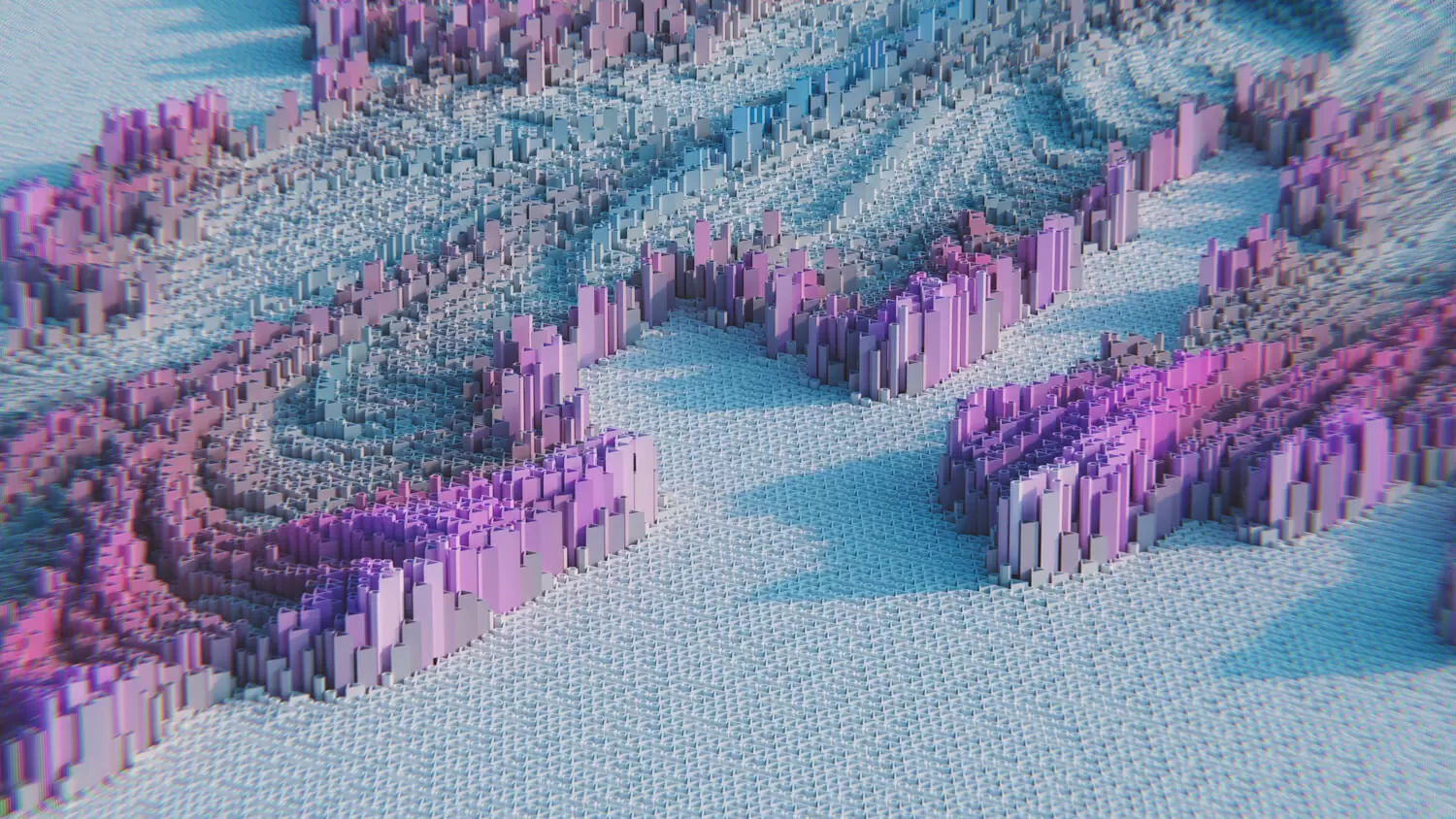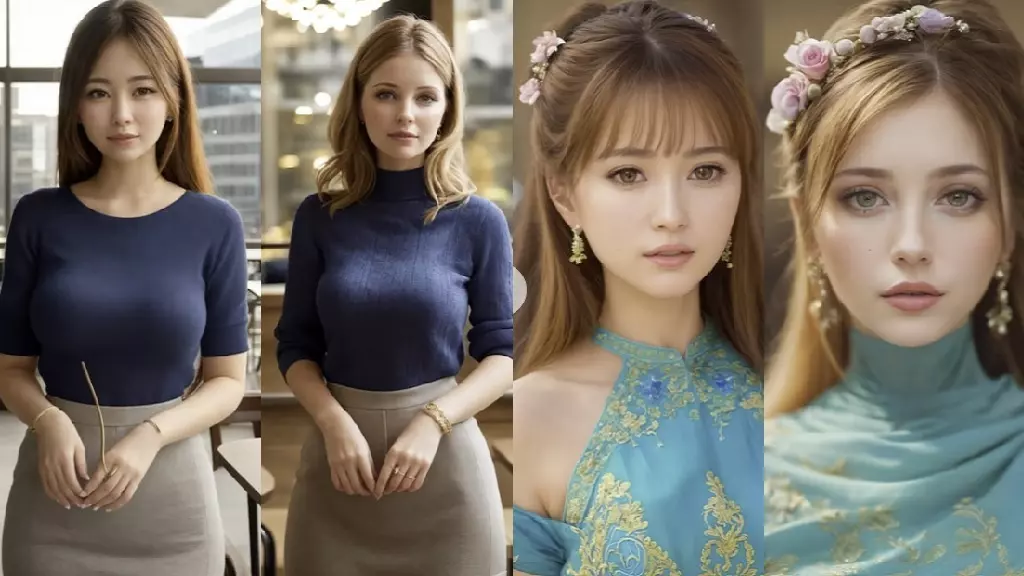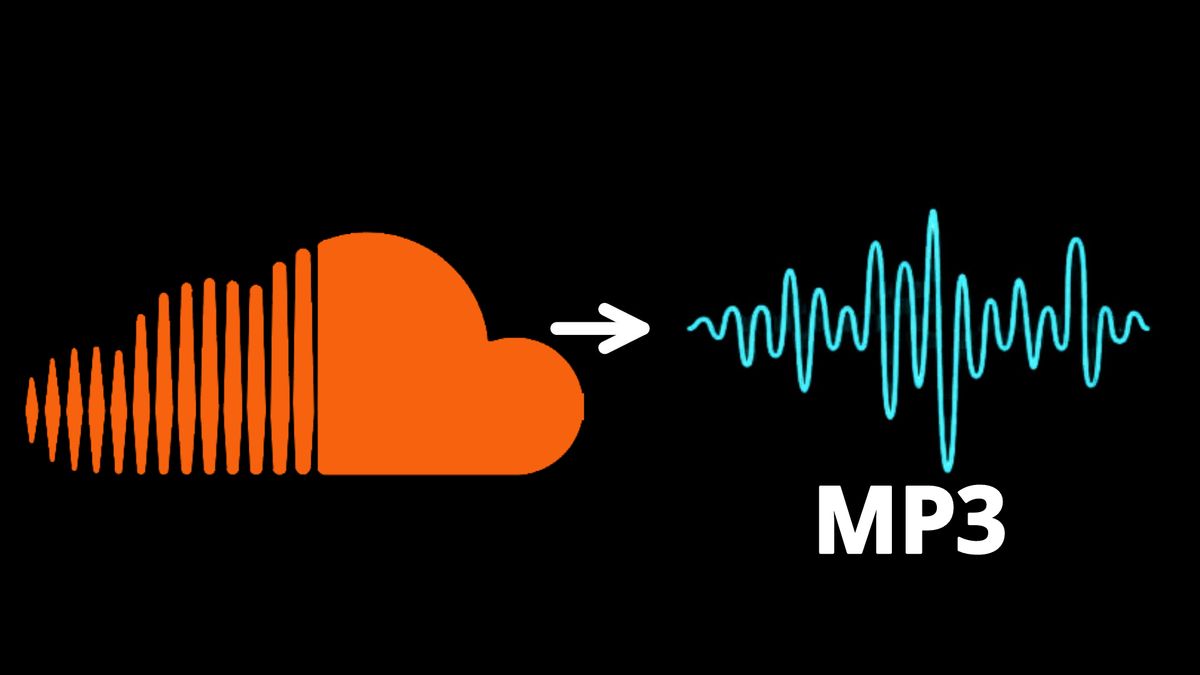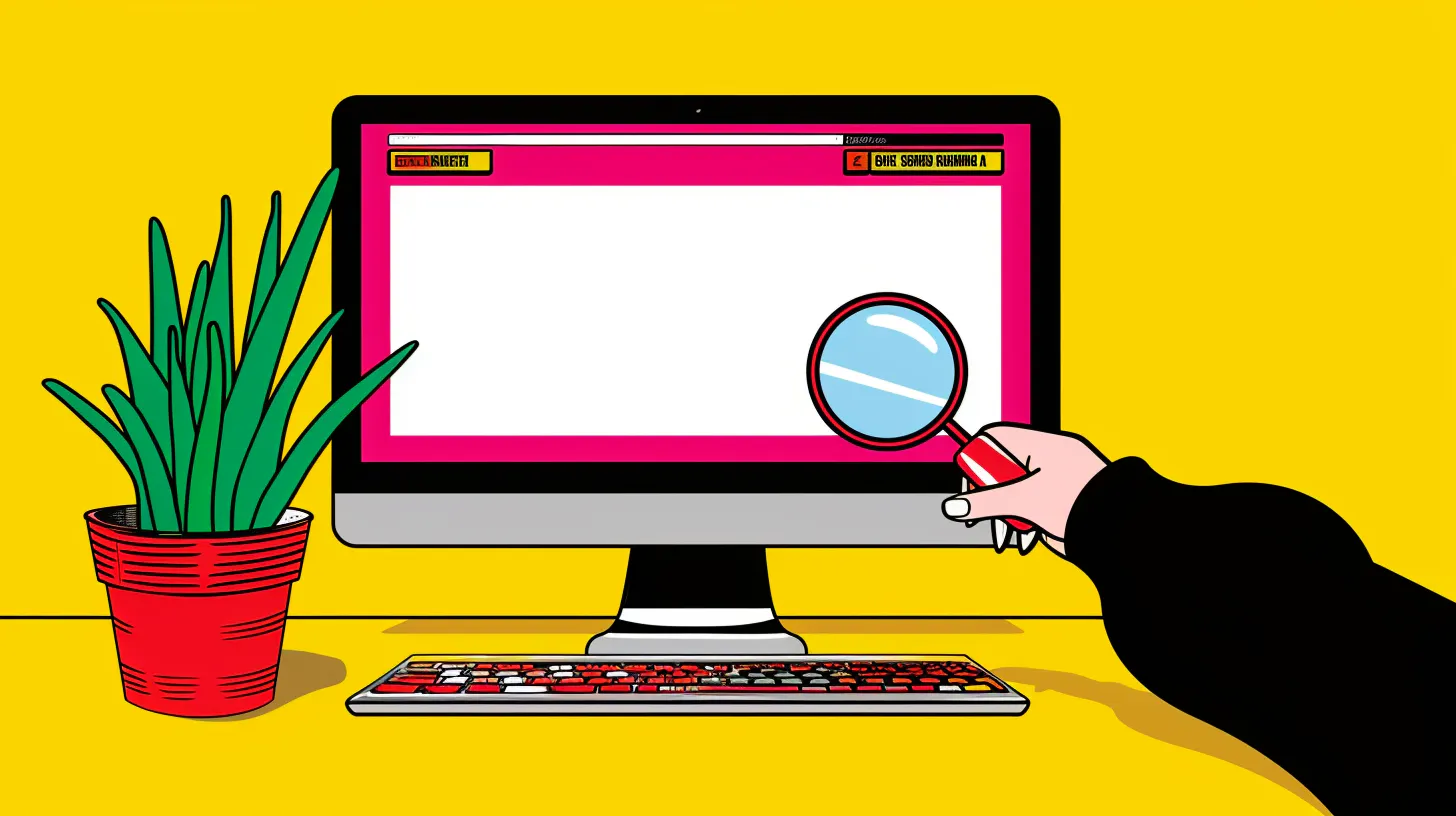
As AI-generated images become more prevalent, questions surrounding their copyright status have emerged. One popular question is are AI-generated images copyrighted.
AI-generated images exist in a legal gray area. As of now, they typically lack specific copyright protection.
In this article, we delve into the intricate landscape of AI-generated images and the complexities surrounding their copyright status.
What are AI-Generated Images?
AI-generated images are visuals crafted through the use of algorithms, machine learning models, and generative techniques.
Unlike traditional art forms, where human artists physically create the work, AI-generated images emerge from the intricate computations and patterns learned by machines from extensive datasets.

This unique creative process sparks a debate on the ownership and protection of intellectual property rights for such images.
If you are interested in finding major players in AI image generators, use Niche Finder's Keywords Niche tool. The websites with good SERP performance are worth studying.
Are AI-Generated Images Copyrighted?
AI-generated art, encompassing images derived from human-prompted text, currently lacks protection under existing copyright laws. Consequently, any artwork produced by AI can be freely copied without requiring permission from its creator, as non-human entities, including artificial intelligence, currently fall outside the scope of copyright protection.
Even if there were provisions for AI art to be copyrighted, the concept faces challenges, given the potential applicability of Fair Use. This doctrine allows the repurposing of copyrighted material under specific conditions without obtaining permission from the copyright owner.
The question arises: Can AI genuinely be subjected to copyright protection? This inquiry represents just a fraction of the intricate legal landscape surrounding copyright and generative AI.
To comprehend this quandary, a closer examination of the role of online data in the genesis of AI art becomes imperative. This exploration reveals how the interplay of online data blurs the delineation of copyright boundaries, especially concerning the safeguarding of individuals' images.
Related Reading: Can You Use AI-generated Art Commercially?
Practical Challenges in Enforcement For AI Art Copyright
Even when copyright ownership is established, enforcing these rights poses practical challenges. AI-generated images can proliferate rapidly online, making it difficult to monitor and control unauthorized use.
This raises questions about the efficacy of current copyright enforcement mechanisms in an era dominated by AI creativity.
The Role of Data in AI Art Generation
Similar to various machine learning models, AI art generators undergo training utilizing a blend of text and image data to produce content. These generators operate by recognizing and replicating patterns within this data. In essence, their ability to generate outputs like sentences or paintings hinges on learning from the genuine work of human artists.
Take OpenAI's DALLE-2 as an example—it undergoes training using an extensive dataset comprising hundreds of millions of captioned images sourced from the internet. This dataset feeds into the large language model (LLM) employed by DALLE-2 to craft images.
Consequently, the images produced by DALLE-2 are contingent on the text and image data it has gleaned from the web, introducing potential biases such as a propensity to generate images predominantly featuring men rather than women.
However, this reliance on online data gives rise to a legal quandary surrounding AI-generated content. As AI art generators draw on data, including copyrighted works by artists, patterns from these works may resurface in the AI's output images.
This dilemma is exemplified by the legal dispute where image repository Getty Images sued Stability AI, the creator of Stable Diffusion, alleging the unauthorized copying and processing of millions of copyrighted images to train the AI art generator.
Conclusion: Are AI-Generated Images Copyrighted
The copyright status of AI-generated images remains an intricate and evolving area of law.
As AI continues to advance, legal frameworks must adapt to ensure fair recognition and protection for all contributors involved.
Until clearer regulations emerge, navigating the complexities of copyright in the realm of AI-generated content requires careful consideration of human involvement, legal precedents, and the ever-shifting landscape of intellectual property law.

